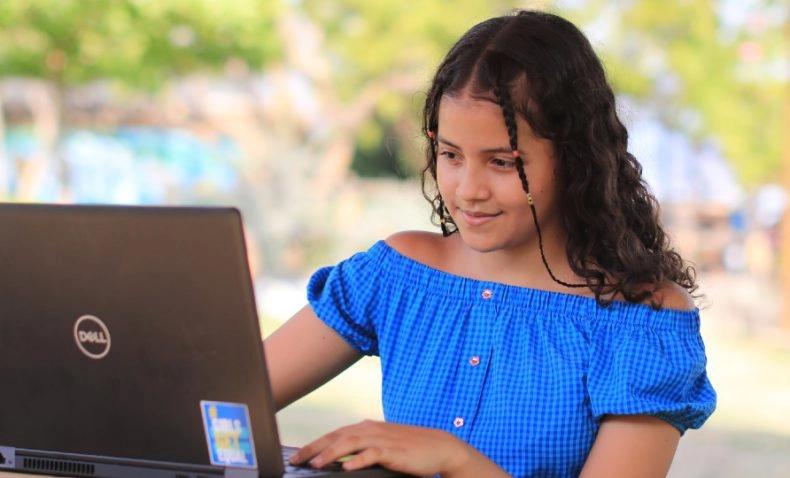How did it come about?
On 25 November 1960, sisters and activists Patria, Minerva and María Teresa Mirabal, were brutally murdered by the Dominican Republic dictator Trujillo’s secret police.
The Mirabal sisters became symbols of the feminist resistance, and in commemoration of their deaths, 25 November was declared International Day for the Elimination of Violence against Women in 1980, and was formally recognised by the United Nations in 1999.
Why is it still important?
Gender equality is a core human right that affects all people. But at the current rate of progress, it is still more than 130 years away. Around the world, including here in Australia, girls still don’t have equal rights – and that has to change.
Advances in gender equality provide opportunities to all that were previously only enjoyed by men, driving changes in consent, making public and private spaces safer and creating more respectful learning and work environments. When a society strives towards gender equality, it creates the conditions for all people to thrive, regardless of gender.
That’s why Plan International is standing with young people as they campaign on the issues that matter most to them, from climate change and trafficking to street harassment and sexual exploitation at work.





